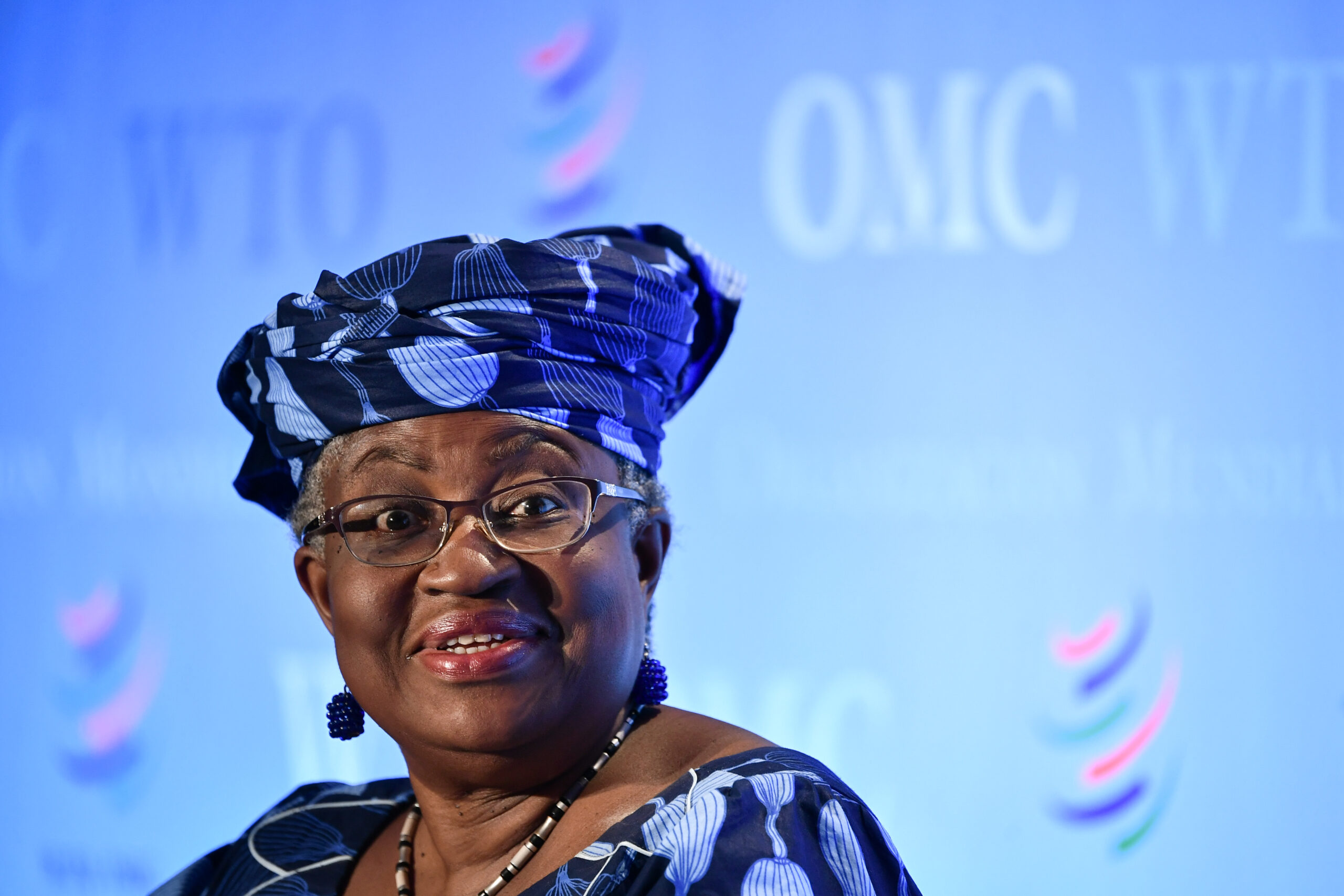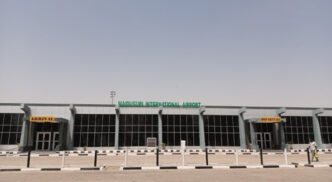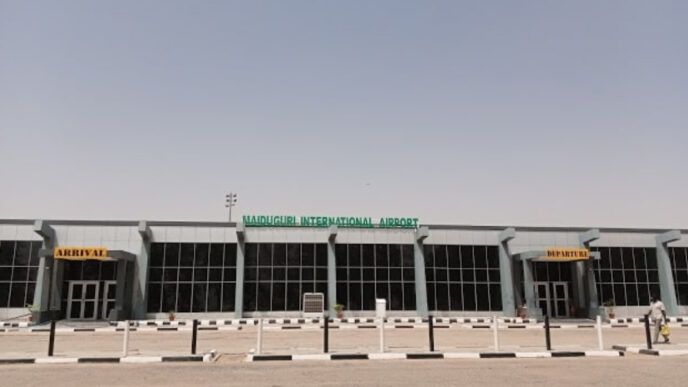The African Democratic Congress (ADC) has accused the administration of President Bola Ahmed Tinubu of “weaponising hunger” and manipulating food prices to gain political advantage, despite worsening insecurity and declining local production.
Gatekeepers News reports that in a statement on Monday signed by its National Publicity Secretary, Bolaji Abdullahi, the party described the government’s claims of increased food production and falling prices as “dishonest and misleading,” alleging that many farmers, particularly in northern Nigeria, have been displaced by banditry while others struggle to afford soaring input costs.
“ADC is deeply concerned by the Federal Government’s misleading narrative around the so-called drop in food prices,” the statement read. “Contrary to what is being celebrated in official circles, the reality on the ground, as confirmed by the voices of struggling farmers and families across the country, is that the Tinubu government is manipulating food prices and weaponising hunger for political gains.”
The party claimed that the reported drop in food prices was “artificial”, resulting from import waivers that flooded markets with cheap foreign products at the expense of local farmers.
“It is neither evidence of sound policy nor proof of increased local production,” Abdullahi said. “While that may offer temporary relief, it undermines Nigerian farmers who can no longer compete due to soaring input costs and worsening insecurity.”
The ADC called for a complete overhaul of Nigeria’s agricultural strategy, urging the government to protect local production, stabilise food prices, ensure farmer safety, and pursue long-term food sovereignty.
“What we are witnessing is a deliberate manipulation of food prices for short-term political gain,” the party added. “Any present drop in price is temporary, unsustainable, and driven by panic rather than strategic planning.”
Meanwhile, the Minister of Agriculture and Food Security, Sen. Abubakar Kyari, has assured farmers that the Federal Government will expand access to credit facilities and reduce production costs to boost output.
Speaking at a public hearing in Abuja organised by the Senate Committee on Agricultural Production Services and Rural Development, Kyari said the ministry was addressing the high cost of farm inputs and irrigation.
“Consumers may be happy with the price drop, but farmers are not,” the minister noted. “We are seeking ways to ensure they have access to credit and affordable inputs.”
He also revealed plans for a new community-based silo programme, aiming to ensure that 85 percent of storage facilities are located within farming communities rather than urban areas.
The hearing reviewed three proposed bills:
• Cassava Flour (Mandatory Inclusion into Flour Production) Bill, 2023
• National Food Reserve Agency Bill
• Rice Development Council of Nigeria (Establishment) Bill, 2024
Committee chairman Sen. Saliu Mustapha said the cassava bill, which seeks to reduce Nigeria’s $5 billion annual wheat import bill, could boost employment and improve smallholder farmers’ livelihoods.
In a related development, the International Institute of Tropical Agriculture (IITA) has reiterated its commitment to agricultural transformation and food security through stronger research partnerships.
During a recent mission to Abuja, IITA Director-General and CGIAR Regional Director for Continental Africa, Dr. Simeon Ehui, met with UN Resident and Humanitarian Coordinator for Nigeria, Mohamed Fall, to discuss collaborative approaches to sustainable agriculture and food systems resilience.
“The biggest challenge remains scaling — taking proven technologies from the lab to farmers at a much larger scale,” Ehui said. “Strategic partnerships are essential if Africa is to achieve food sufficiency.”
Fall reaffirmed the UN’s support for Nigeria’s agricultural transformation, describing the sector as the nation’s most viable path to economic renewal.
“For a country like Nigeria, agriculture is the biggest channel for economic transformation if the right investments are made,” he said.
The meeting underscored a shared commitment among IITA, CGIAR, and the United Nations to drive science-based, inclusive, and sustainable solutions that strengthen Africa’s food systems and improve livelihoods.









